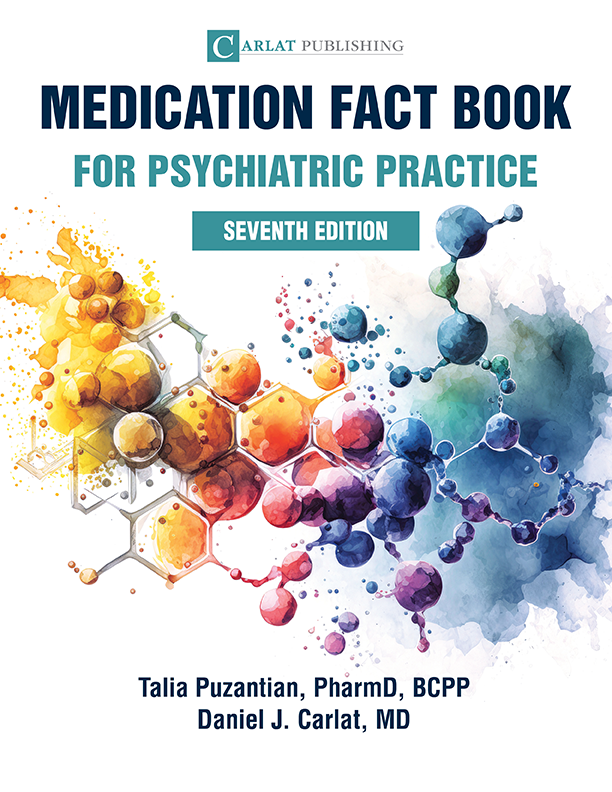General Psychiatry
Small Efficacy Differences Between Atypicals in Treating Schizophrenia
Section editor, Glen Spielmans, PhD
Read More
Unclear Relationship Between SSRI Use and Gestational Hypertension
Section editor, Glen Spielmans, PhD
Read More
Lamictal May Have Small Benefit for Bipolar Depression
Section editor, Glen Spielmans, PhD
Read More

_-The-Breakthrough-Antipsychotic-That-Could-Change-Everything.jpg?1729528747)



